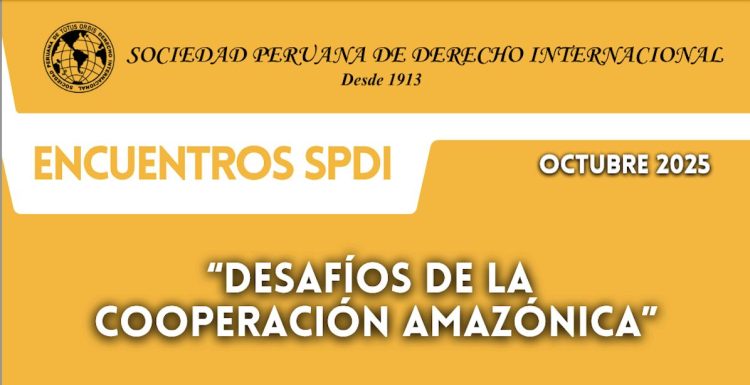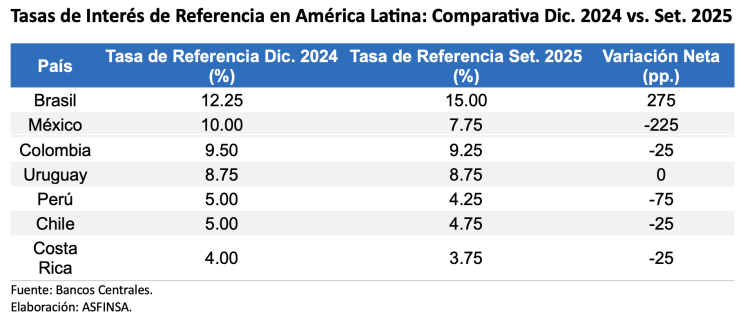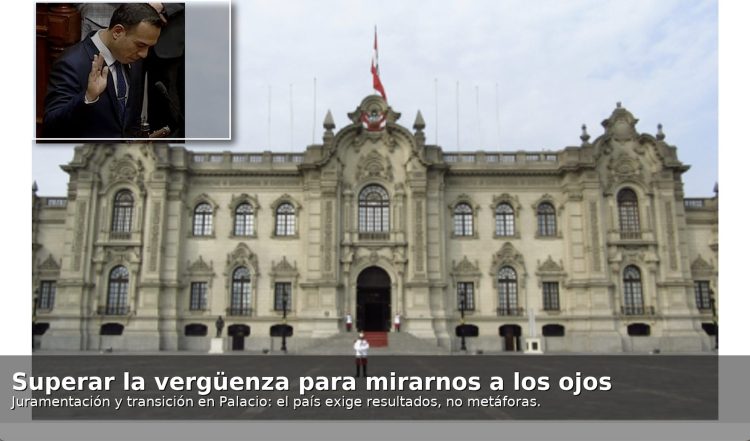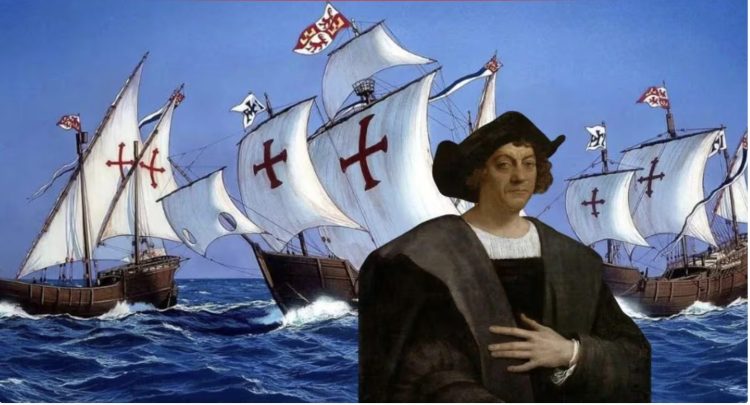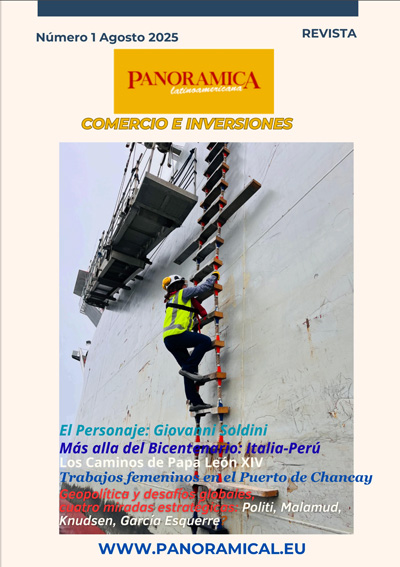The 16th European Business Summit was held on 1 and 2 June 2016 at the Egmont Palace in Brussels. It reviewed the future of Europe which is facing huge challenges such as the crisis of migrants, the issue of public debt or the referendum on the BREXIT or BRIMAIN.
The summit gathered over 2,000 participants. Donald Tusk, the President of the European Council, Jean-Claude Juncker, President of the European Commission, Martin Schulz, President of the European Parliament, and Charles Michel, Belgian Prime Minister addressed the audience.
Business leaders and Chinese diplomats were present. Chai Xiaolin, Minister-Counsellor responsible for Economy and Trade at the Chinese Mission to the EU, as well as the CEO of Huawei Telecommunications took the floor.

In a statement, EBS points out that «the EU faces significant challenges that need to be dealt with. Businessmen, politicians and members of the civil society must, more than ever, complement each other for a better future. »
Some 150 people spoke on a series of topics such as energy, digital commerce, structural reforms, geostrategic issues, the BREXIT or BRIMAIN, the governance of the euro area, innovation or international trade.
At the opening plenary session, Donald Tusk, president of the European Council, said that a BREXIT vote on June 23 would have «dramatic» consequences and would result in a huge negative economic shock for the British economy.
He referred to Ángel Gurria, Secretary General of the OECD who declared that «according to him, a UK exit would be a major negative shock to the UK economy, with economic fallout in the rest of the OECD, particularly in other European countries. By 2020, UK’s GDP would be over three per cent smaller than otherwise. And by 2030, in a central scenario, GDP would be over five per cent lower.»
The summit issued the following statement : «The economic recovery continues to make in-roads across Europe and with significant challenges still ahead, now is not the time for division but rather for concerted action to deliver peace, security and prosperity for all. The UK has played a crucial role over the past forty years in shaping the development of Europe with trade and the single market at its core”.
Full access to the single market is a large part of the UK’s attractiveness to foreign investors, yet several federations report that European businesses are postponing their investment decisions in the UK until the political situation becomes clearer.
Jeroen Dijsselbloem, President of the Europgroup as well as Dutch Finance Minister, speaking at the European Business Summit, said there was no EU plan B in case of a BREXIT after June 23.
There are two parallel debates going on in the campaign. The first debate is rational and is mainly about the economic pros and cons of an eventual BREXIT, according to Mr. Dijsselbloem. And then there is another debate, not so rational, which is about Britain’s influence in Europe and in the world related to migration and security.
There are doubts whether the EU is delivering what it promises, that is security and wealth, as well as on economic policy.
There seems to be consensus amongst the leaders of Europe, as Jean-Claude Juncker pointed out at the closing plenary session, that growth was increasing and unemployment was going down. Even though structural reforms are not popular with the citizens, they are necessary.
From : Martin Banks, Parliament Magazine ; Eric Maurice, EuObserver


